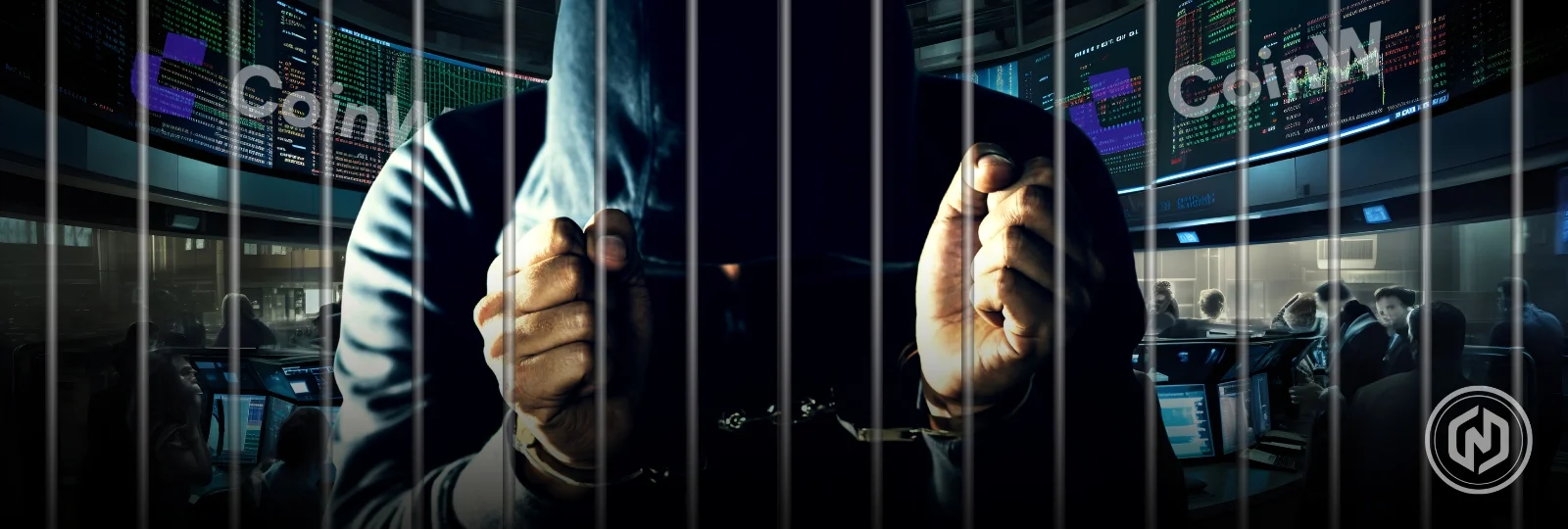What to Know:
- CoinW and its franchise ran a scheme laundering over NT$23 billion (~$680 million USD).
- CEO Shih Chi-jen and 13 others were indicted, with assets including USDT, Bitcoin, TRX, and cash seized.
- CEO could face up to 25 years in prison under charges of organized crime, fraud, and money laundering.
In a shocking blow to crypto industry trust in Taiwan, prosecutors have indicted CoinW’s Taiwan arm, in what is now the country’s biggest virtual asset laundering case. The Taipei Shilin District Prosecutor’s Office has charged 14 individuals, including CEO Shih Chi-jen, after uncovering a scheme involving over NT$23 billion in illicit money flows, affecting more than 1,500 victims across the island.
The Laundering Scheme Uncovered
Local news reports say that from about 2024 on, Shih and his co-conspirators ran a franchise network with more than 40 physical stores in Taiwan. Customers were tricked into thinking they were getting a fully licensed crypto exchange service. Shoppers would bring cash, which store staff would convert into USDT via cash deposit machines, then funnel the tokens offshore through layers of wallet transfers designed to obscure funds’ origins.
Investigators found that these storefronts were used by a fraud ring to launder money by converting victims’ cash into crypto, then hiding transactions through the CoinW network. From the proceeds of these crimes, the core team amassed materials including 640,000 USDT, Bitcoin, TRX tokens, and approximately NT$60 million in cash plus luxury items like Maserati and Ferrari cars.
Accusations and Legal Action
Authorities have launched serious charges against Shih and his associates, accusing them of organized crime, aggravated fraud, money laundering, and providing virtual asset services without proper registration. Prosecutors want Shih to spend 25 years in prison because there were so many victims and a lot of money was lost.
Other defendants, like Shih’s business director, marketing lead, and operations managers, will get shorter sentences. Some people can get shorter sentences if they fully cooperate or give back the money they got illegally.
Broader Implications for Taiwan
This case is a turning point in Taiwan’s crackdown on crypto regulation. CoinW’s Taiwan branch operated without approval from the Financial Supervisory Commission (FSC) and lacked mandatory anti-money laundering registration, putting it clearly outside legal compliance. Since then, officials have stressed how important it is to make sure that all virtual asset service providers follow the rules for registration.
Blockonomi also points out that, according to the prosecutor’s summary, the franchise operators lied about being licensed by Taiwan’s Financial Supervisory Commission, which led to 1,539 victims losing a total of NT$1.275 billion. In the most recent legal documents, the government is asking for full seizure of these illegal profits, which total NT$1.275 billion, as well as assets that have already been taken, such as cash and luxury cars.
Why It Matters
-
Hope for Victims: Victims, including retirees and regular savers, lost money because they thought they were investing through legitimate means. This crackdown sends a strong message that the government is serious about stopping digital asset fraud.
-
Stronger Regulation Incoming: Taiwan’s financial watchdog is likely to tighten oversight even more, requiring crypto platforms that do business there to register formally and follow anti-money laundering rules.
-
Lessons for Exchanges Globally: This is a warning for exchanges all over the world: being physically present and having flashy branding won’t protect you from the law. In the crypto world, being open and following the law are very important.
Bottom Line
This scandal means that Taiwan’s regulations will enter a new phase, even outside of the courtroom. The Financial Supervisory Commission is likely to look into things more closely, which will force exchanges to be more open and follow the rules more closely. The lesson for investors is clear: credibility in crypto isn’t just about local presence or community hype; it’s also about being able to prove that you are legitimate and that your business follows the rules.
The CoinW case will continue to be important for Taiwan as the trial goes on. It will change how exchanges work and how trust is built in the larger digital asset market.
Also Read: PENGU vs BONK: Solana’s Memecoin Showdown Heats Up


